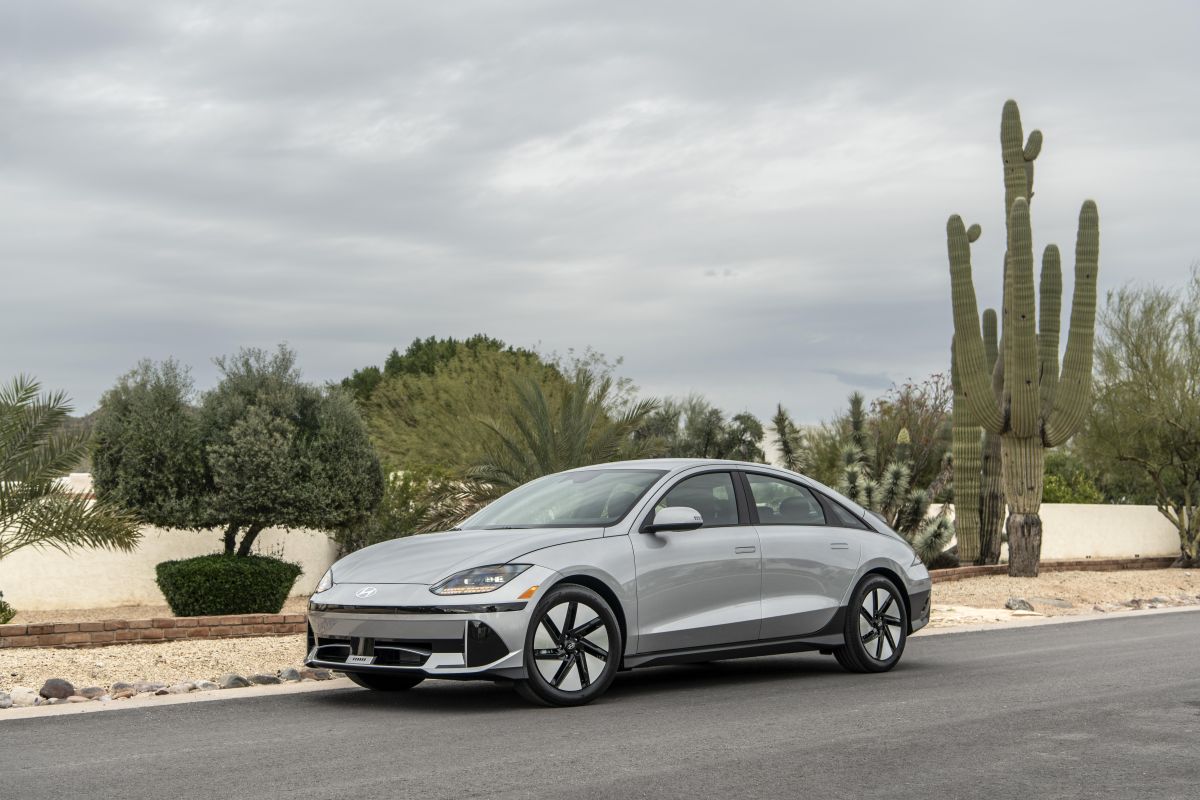Owner satisfaction with new-vehicle design and performance has rebounded after two years of decline, according to the J.D. Power 2024 U.S. Automotive Performance, Execution and Layout (APEAL) Study. Overall vehicle owner satisfaction rose to 847 on a 1,000-point scale, up 2 points from the previous year.
Notably, satisfaction with non-Tesla battery electric vehicles (BEVs) reached an all-time high of 877, surpassing Tesla's score of 870.
“Traditional manufacturers have listened to the Voice of the Customer,” said Frank Hanley, senior director of auto benchmarking at J.D. Power. “They’re launching enhanced vehicles that are more in line with what customers want, including improved interior storage and higher quality materials, as well as ensuring features have ease of use. For BEVs, recent launches from traditional manufacturers have surpassed perennial leader Tesla when it comes to owners’ level of emotional attachment and excitement with their new vehicle.”
Despite the overall positive trend, one area of concern remains: infotainment systems. Satisfaction in this category improved by 5 points to 823 but still lags behind other areas. The study found that while satisfaction with in-vehicle infotainment systems averages 805, it is higher among owners who use Android Auto (832) or Apple CarPlay (840). This suggests that customers prefer the familiarity and simplicity of their smartphone interfaces over the systems provided by automakers.
The APEAL Study, now in its 29th year, complements the J.D. Power U.S. Initial Quality Study (IQS) and the J.D. Power U.S. Tech Experience Index (TXI) Study by measuring owners' emotional attachment and level of excitement with their new vehicle. The study asks owners to consider 37 attributes, ranging from the comfort they feel when getting into the driver's seat to their exhilaration when accelerating. These responses are aggregated to compute an overall APEAL Index score.
Key Findings
Emotional satisfaction is highest among owners of non-Tesla BEVs, followed by Tesla owners, and owners of gasoline and plug-in hybrid vehicles. While premium brands continue to score higher in satisfaction compared to mass market brands, the latter showed year-over-year improvement. The gap in satisfaction between premium and mass market brands was smallest in 2021.
Infotainment system complexity remains a significant issue, with 25% of owners reporting that switching between audio sources contributes to a poor experience, and 23% citing difficult menu structures.
“Automakers keep pouring additional features into their vehicle infotainment systems, but it appears to be creating needless complexity,” Hanley noted. “Owners struggle to perform simple audio-related tasks, so it begs the question whether automakers are actually in tune with the desires and needs of their customers.”
The study also found vehicles with higher APEAL performance retain their value better and have a higher Net Promoter Score, indicating owners are more likely to recommend their vehicles to others.
Among premium brands, Porsche ranked highest with a score of 891, followed by Jaguar (886) and Land Rover (882). MINI led the mass market brands with a score of 858, followed by Ram (854) and Kia (853).
The 2024 U.S. APEAL Study is based on responses from 99,144 owners of new 2024 model-year vehicles surveyed after 90 days of ownership. The study was fielded from July 2023 through May 2024 based on vehicles registered from April 2023 through February 2024.

















